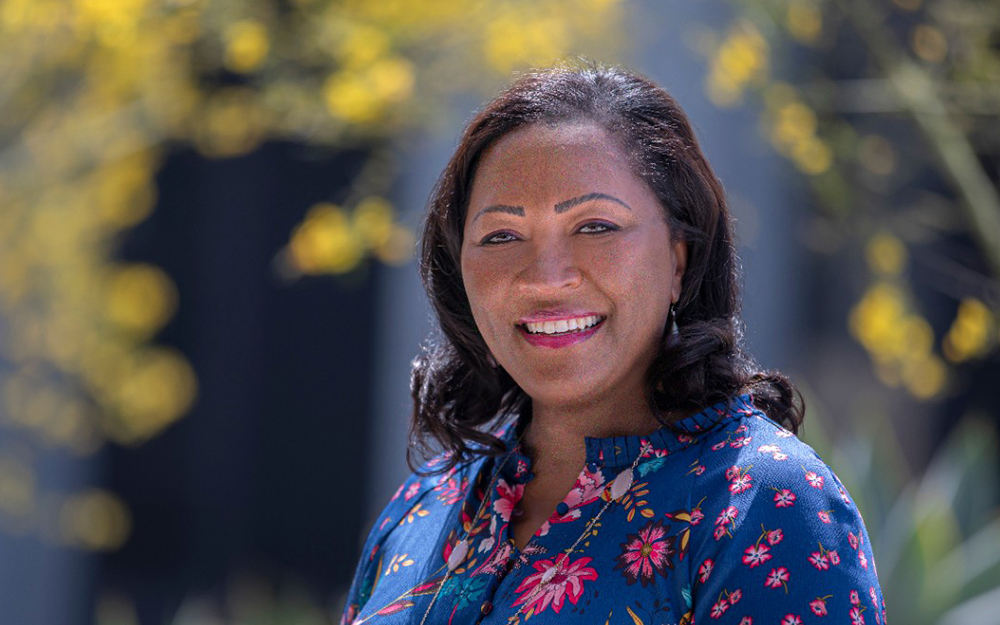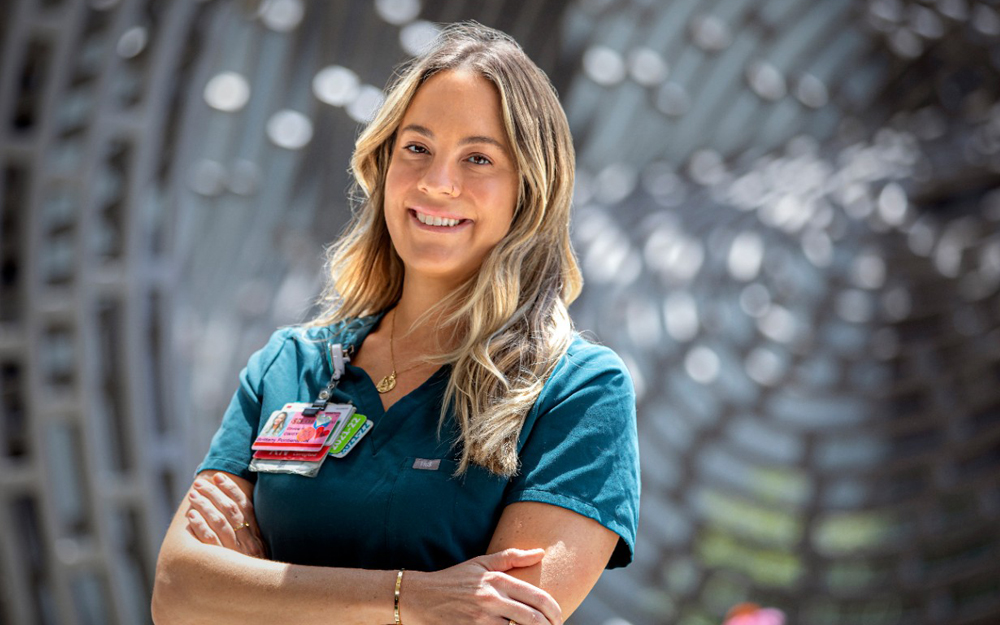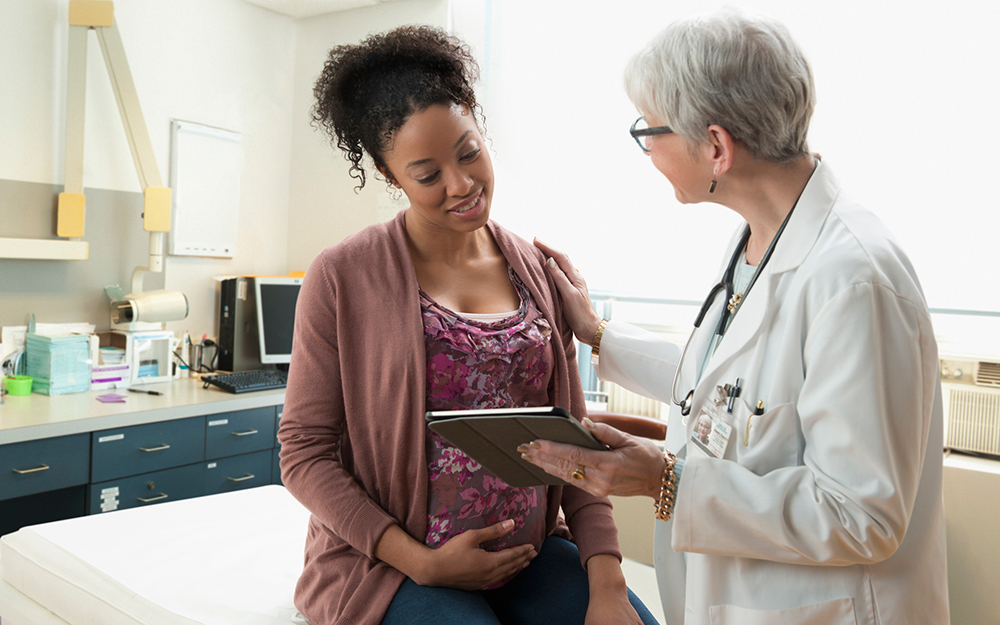Faces of Cedars-Sinai: Debora Wright, Associate Director of OB-GYN Operations
Date
May 11, 2022

Date
May 11, 2022
Credits
Medical providers featured in this article
In Brief
{{cta-block}}
Meet Debora Wright, associate director of OB-GYN operations at Cedars-Sinai. A Los Angeles native, she has worked at Cedars-Sinai for more than 20 years, covering three different departments: Cardiology, Pediatrics and Obstetrics & Gynecology. When she's not securing resources for her job, she can be found tending her home gardens.
"One of the most rewarding aspects of my job is achieving such great quality metrics. Our patients love us."
What brought you to Cedars-Sinai?
Debora Wright: I came on board in February of 2000 when a friend who worked at Cedars-Sinai suggested I apply for a position in Cardiology. At that time, the organization had less than 5,000 employees. Now we have more than 15,000.
In 2000, I had a 4.5-year-old and my husband and I had been married 11 years. Now, my son is 27 and my husband and I have been married for 33 years. In 2006, I was promoted to the service line manager for Pediatrics, and then I joined the OB/Gyn team in 2012.
What do you enjoy about your current role?
DW: As associate director of OB-GYN operations, my role is to make sure we have the resources we need—both staffing and physical resources—to deliver the highest-quality care to our patients.
In addition to the industry's top nursing and administrative professionals, our team includes highly skilled perinatologists, fertility specialists, surgeons, genetic counselors, ultrasound technicians and family planning specialists, which provides us a unique edge in servicing the most complicated cases. Our department also serves as a training ground for residents and fellows.
What types of patients does your team see?
DW: Community physicians refer patients to our specialty clinics for family planning, high-risk obstetrical care and gynecological surgery. We don't provide standard prenatal or gynecological services, but rather take on patients who have more complex needs that are best addressed by experts in those specialties.
In addition to caring for high-risk prenatal patients, we also have a busy fertility practice, including in-vitro fertilization and intrauterine insemination services. On the gynecology side, we offer minimally invasive gynecological surgery that may not be available at community hospitals. And one of the most rewarding aspects of my job is achieving such great quality metrics. Our patients love us.
What has been the greatest challenge of the job?
DW: One of the biggest challenges was making it through the pandemic with unstable staffing. At the same time, many patients struggled with changing safety regulations. We had to get creative and come up with ways to meet patients' needs while also enforcing strict COVID-19 protocols. We did a lot of FaceTime to connect patients with their families and encouraged patients' loved ones to use our wireless network from the parking lot if they felt the need to be close.
I heard that you were on American Bandstand as a teenager. What was that like?
DW: I've always been a social animal, so when a friend who was connected with ABC suggested we show up at the lot where they tape the show, I didn't think twice. At age 14, I spent two Saturdays a month dancing on American Bandstand. As part of that gig, I came in close contact with people who were viewed as iconic. You don't get more iconic than Dick Clark. It didn't faze me, and in fact, it may have primed me to serve in a role at Cedars-Sinai, where I frequently encounter celebrities. They have the same challenges and problems as all of us, and they deserve their space and privacy.
Magazine: Pediatricians and Ob-Gyns Can Work Together to Guide Your Health Journey
How do you like to spend your time when you're not working?
DW: My latest passion is landscaping. I didn't realize I had this little farmer woman inside of me. I've become that gardener with the broad-brimmed hat spending time talking to her trees, including a Hollywood juniper tree, Japanese maples and agapanthus with purple flowers.
I suppose it makes sense—I come from a big family in Louisiana who were farming organically before organic was a thing. We even raised our own chickens. Through farming with my grandparents, I learned a lot about nurturing and sustaining life, and about love. My grandmother was a serious nurturer. I like to think I get that trait from her.



